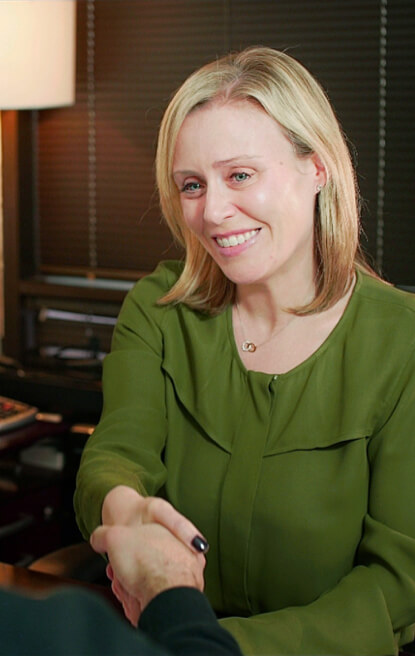Although social security benefits may be your largest bet in terms of insurance amount that you could receive if and when a disability strikes – what matters more is how and when you claim these benefits could make a huge difference.
The most important point to note is when you claim your benefits at your full retirement age you will get full benefits without any reduced payouts or cuts in your benefits.
Many individuals act on friend’s advice regarding their social security benefits. Thankfully, many seek to confirm the advice given by their friends from the social security attorneys. This prevents them from losing a lot in their benefits. That is why our attorneys have compiled information regarding survivor’s benefits in this piece of article.
Here is how much amount the widow(ers) would be entitled to in survivor benefits under specific roles:
Spouse
If the spouse of a person was entitle to and was receiving the SSDI benefits on their disability, then the widow or widower may be entitled to the benefits under survivor benefits. That would be true only if the spouse receiving SSDI benefits had a ‘currently insured’ status.
Although the widow or widower would almost always be entitled to some benefits as survivors also called ‘auxiliary benefits’ there are many ways in which they can claim it.
Here is how the spouse would change benefits under each role:
- The widow or widower care for a child under the age of 16 years old who receives survivor SSDI benefits from the deceased spouse.
- The widow(ers) will receive 75% of your deceased spouse’s SSDI benefit.
- The widow(ers) are at least 50 years old and disabled, and your disability started before your spouse died or within seven years of the spouse’s death (unless they were receiving mother’s or father’s benefits).
- The widow(ers) will receive 71.5% of your deceased spouse’s SSDI benefit.
- The widow(ers) are at least 60 years old but not yet full retirement age.
- The widow(ers) will receive 71.5% – 99% of the deceased spouse’s SSDI benefit.
- The widow(ers) are at least full retirement age.
- The widow(ers) will receive 100% of the deceased spouse’s SSDI benefit.
(To determine your full retirement age, go to Social Security Benefit Amounts for the Surviving Spouse by Year of Birth.)
Exceptions on surviving spouse’s benefits
The spouse remarried
If the spouse of the deceased person remarried before the age of 60 they would not be entitled to their ex-spouse’s benefits as widow(ers).
The spouse claimed his/her own social security benefits
In many cases, if the spouse of a deceased person may have 40 work credits on their own work record. Hence, they would be able to gain a much larger amount through their own benefits than through their spouse’s. The SSA administration or your attorney will automatically make sure that you receive larger benefits.
Working may reduce the benefits
If the surviving spouse is earning a living through a current job, then their survivor benefits from the deceased spouse’s social security may be reduced until they retire themselves.
Caring for a child affects the spouse’s benefits
If the surviving spouse was entitled to survivor benefits under child care such as in case of ex-spouses or widowers that remarried but are caring for the child of the deceased spouse, then they will only continue to receive the benefits until the child turns adult. If the child is disabled permanently then the spouse would continue to receive the benefits under child care until the child remains disabled.
The 9-month marriage condition
The SSA administration has made it a condition that in order to be eligible to receive benefits as survivors the marriage must have lasted at least 9 months in case of same citizenship of both spouses. In case of dual citizenship the surviving spouse would only be entitled if the marriage lasted to more than 10 years.
A few exceptions to this rule would be if the deceased spouse died in a sudden or violent accident.
It may be very complicated to know the right way to claim your benefits as survivors due to all the varying rules for each situation. You may talk to a social security attorney for a detailed guidance.

